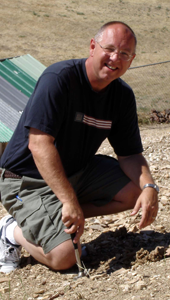Thursday, February 1
| 10:30 a.m.–12:30 p.m. | "Whom is this Community for? Diversity, Equity and Inclusion in Senior Co-housing and at Willamette U," Jade Aguilar [Anne Bowden], Kaneko Auditorium Based on research conducted at Senior Co-housing communities in the Southwestern US, this talk will investigate the communities' stated commitments to diversity, while at the same time remaining almost exclusively white, middle-class, and female. Using interview data with current members, I unpack why spoken commitments to diversity are rarely enough to change the demographics of a community. The second part of the talk will investigate what steps the Willamette community is taking in moving towards its own goals of diversity, equity, and inclusion.
Jade Aguilar, as Vice President of Equity, Diversity and Inclusion, works to advance Willamette’s commitments to be a more equitable and inclusive community. A professor of Sociology and Women’s and Gender Studies, Aguilar has taught a broad range of classes in the sociology of gender, sexualities and families. Her scholarly areas of interest/work are in the intersections of gender and sexuality with race and class. Aguilar grew up in New Mexico and has lived across the Mountain West. She has a Ph.D. in Sociology and a graduate certificate in Women’s Studies from the University of Colorado at Boulder. |
| 1:30–3:30 p.m. | "From Hip Hop to Oregon," Erious Johnson [Kay Gerard], Kaneko Auditorium Have you ever paid attention to your own acculturation? The happenings, events and people that have influenced your actions, choices and decisions? "From Hip Hop to Oregon" is a quasi-documentary about Erious Johnson's acculturation. It explores the intersectionality of civil rights, expression and protest. Explains how the history and growth of hip hop reflect the plight and triumphs of the oppressed and underrepresented. And tracks the evolution of social justice movements such as #blacklivesmatter. The aim of the project is to contextualize the tweets that led to the Oregon Department of Justice's profiling Erious.
|
Tuesday, February 6
| 10:30 a.m.–11:30 p.m. | "Computer 105 for ICL Members: Printing, Spreadsheet Reports, Google Docs, and Other 'How-Tos'," Dave MacMillan, ***Montag***
Dave MacMillan has been an ICL member since January 2012 and is currently on the ICL Board in the position of Director of Technical Services. Dave has taught high school, worked many years in the field of computer aided mapping, and worked in IT doing User Support. |
| 11:30 a.m.–12:30 p.m. | "A Skeptics Guide to History: Labor in America -- A Strange History" Mark Stoler [Bob Muir], ***Montag***
During the current early 21st century, a movement gained traction to rescind the collective bargaining rights of unionized teachers and other state workers. Whether in favor of, or opposed to, this action, many Americans perceived it as a dramatic reversal of historic government policy towards unions. But as we will see, this current effort is a continuation of traditional government hostility to labor unions that dates back to at least the the last third of the 19th century. Our lecturer for this Great Courses video course is Dr. Mark Stoler, who holds a Ph.D. in History from the University of Wisconsin and is Professor Emeritus of History at the University of Vermont. |
| 1:30 – 2:30 p.m. | "Music as a Mirror of History: Haydn–Mass in the Time of War (1797)," Prof. Robert Greenberg [Solveig Holmquist], ***Montag***
Robert Greenberg earned a B.A. in music, magna cum laude, from Princeton University and received a Ph.D. in music composition, from the University of California, Berkeley, where he studied with Olly Wilson. At the San Francisco Conservatory of Music he was chairman of the Department of Music History and Literature and Director of the Adult Extension Division. Dr. Greenberg is currently Music Historian-in-residence with San Francisco Performances. Greenberg has lectured for some of the most prestigious musical and arts organizations in the United States, and is the resident composer and music historian for National Public Radio’s Weekend All Things Considered. He is also the Music Historian in Residence at San Francisco Performances, and hosts their "Saturday Morning Series" (a lecture combined with performances) with the Alexander String Quartet. |
| 2:30–3:30 p.m. | "The Text of the Ordinary of the Mass: Source of Haydn's Inspiration," Solveig Holmquist, ***Montag***
Our presenter is ICL member and WOU Music Professor Emerita Solveig Holmquist. |
Thursday, February 8
| 10:30 a.m.–12:30 p.m. | "How the Middle Class is Getting Screwed," Jim Hill [Bob Muir], ***Montag***
|
| 1:30 – 3:30 p.m. | "Great Decisions: Great Decisions: Russia's Foreign Policy," Professor Sarah Bishop [Jeanette Flaming], ***Montag*** Under President Vladimir Putin, Russia is projecting an autocratic model of governance abroad and working to undermine the influence of liberal democracies along Russia's historical borderlands. Russia caused an international uproar in 2016, when it interfered in the U.S. presidential contest. But Putin's foreign policy includes other instruments, from alliances with autocrats to proxy wars with the U.S. in Georgia, Ukraine and Syria. How does Putin conceive of national interests, and why do Russian citizens support him? How should the United States respond to Putin's foreign policy ambitions?
|
Tuesday, February 13
| 10:30 a.m.–12:30 p.m. | "The Longest War—Korea, 1950 to Now," Lester Reed, Kaneko Auditorium In 1950 the Korean War erupted when a North Korean force invaded the south. After three years of bloody conflict an armistice was signed as a temporary halt to hostilities “until a final peaceful settlement is achieved.” To date no peaceful settlement has been achieved. In his presentation Lester will cover the factors leading up to the war, the hostilities and the 65-year struggle to resolve the issues precipitated by the Korean conflict that has ended with the North's being the world’s ninth country to posses a nuclear weapon. The increasingly hostile posture between the U.S. and North Korea will be addressed with possible alternatives to the Trump administration’s current approach to ending the period of “strategic patience.”
|
| 1:30 – 3:30 p.m. | "PART 1: Why Earth Needs Truffles, PART 2: Truffles+Animals=Healthy Forests–A Real Life Example" James Trappe [Denis Williamson], Kaneko Auditorium Truffles are the ephemeral, edible fruiting bodies of perennial fungi that fruit below-ground among feeder rootlets of forest, woodland, savannah and desert plants. The perennial parts of truffle fungi are the mold filaments that form symbiotic associations with the plant rootlets to form mycorrhizae (literally translated from the Greek words meaning “fungus-roots”; the fungi absorb essential minerals, water and organic compounds from the soil far more efficiently than the rootlets. Many other fungi form mycorrhizae, e.g. thousands of mushroom forming species, but the truffles add an additional dimension to the fungus-root interdependence. Mushrooms and truffles are the fleshy spore-bearing organs fruits of these fungi, but mushrooms are not able to withstand drought or frost, whereas truffles, by fruiting below-ground, are free from these hazards. Hence, most mushrooms are killed by adverse weather, whereas truffles, thanks to overlying soil and humus, are insulated from above-ground weather and can continue to mature their spores once the soil is wetted. Truffles are thus particularly important for their symbiotic functions in times of climate warming and drying.
|
Thursday, February 15
| 9:00-10:15 a.m. | Valentine Coffee, Montag |
| 10:30 a.m.–12:30 p.m. | "The New U.S. Tax Regime: Main Features and Likely Impacts," Tom Hibbard and Mark Kasoff, Kaneko Auditorium A review of the Tax Bill passed by Congress and signed by President Trump in December, 2017. We will discuss and evaluate main features such as: lower corporate and personal income tax rates, accelerated depreciation for new business investment, increasing the standard deduction, pass-through income treatment, lower estate taxes, elimination of the Affordable Care Act mandate, and limits to mortgage interest deductions. Evaluation criteria include: equity and distribution of income and wealth, efficiency and economic growth, impacts on the federal debt, economic growth, job creation, Oregonians, and senior citizens. 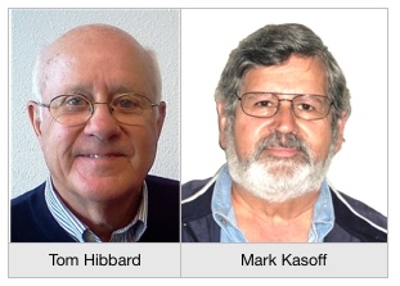 Tom Hibbard has been a member of ICL since September, 2013. He is a Professor Emeritus of Economics at WU. Mark Kasoff has been a member of ICL since September, 2007. He is a Professor Emeritus of Economics and former director of the Canadian Studies Centre at Bowling Green State University. |
| 1:30 – 3:30 p.m. | " 'Me Too' Movement," Warren Binford [Toni Peterson], Kaneko Auditorium
Professor Warren Binford was appointed to the Willamette University College of Law faculty and became director of Willamette's Clinical Law Program in 2005. She immediately reconstructed the law school's experiential offerings in both the Clinical Law Program and the Externship Program. Binford was selected as the Inaugural Fulbright Canada-Norlien Foundation Distinguished Visiting Chair in Brain Science, and Child and Family Health and Wellness at the University of Calgary where she conducted research during the fall 2015 semester. Binford has actively worked throughout her career as a child advocate. Prior to law school, Binford was a licensed teacher with experience teaching in South Central Los Angeles, Boston and London. |
Tuesday, February 20
| 10:30 a.m.–12:30 p.m. | "Plate Tectonics and the Big One," Chris Goldfinger [Anne Bowden], Kaneko Auditorium
Dr Chris Goldfinger is Professor of Marine Geology and Geophysics, and Paleoseismology in the College of Earth, Ocean, and Atmospheric Sciences (COAS) at Oregon State University in Corvallis. He is author and co-author of dozens of scholarly articles and is a highly sought-after speaker. |
| 1:30 – 3:30 p.m. | "Great Decisions: The Waning of Pax Americana?," Bob Muir [Jeanette Flaming], Kaneko Auditorium
During the first months of Donald Trump's presidency, the U.S. began an historic shift away from 'Pax Americana' the liberal international order that was established in the wake of World War ll. Since 1945, Pax Americana has promised peaceful international relations and an open economy, buttressed by U.S. military power. In championing "America First" isolationism and protectionism, President Trump has shifted the political mood toward selective U.S.engagement, where foreign commitments are limited to areas of vital U.S. interest, and economic nationalism is the order of the day. Geopolitical allies and challengers alike are paying close attention.
|
Thursday, February 22
| 10:30 a.m.–12:30 p.m. | " 'Hung-lish'–Vocal Jazz in Hungarian and English," Zsofia Csikos-Tardy and Attila Csikos [Solveig Holmquist], Kaneko Auditorium A short history of European, Hungarian and Gypsy jazz through the eyes of two recent immigrants from Hungary who are jazz musicians: Attila Csikos and Zsofia Csikos-Tardy. They will share their personal stories too: their journey to jazz and to the United States. Their presentation will be flavored with a lots of recorded and live jazz. (Click on the arrowhead above to play the video clip) 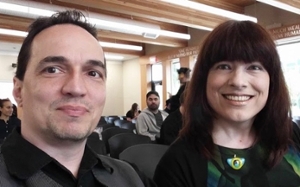 This Portland couple will describe their jazz training in Budapest, the reasons they felt they must leave the country, and the difficult challenges that faced them as they found a place to live and to pursue their performing careers. They will of course also perform: she is a vocalist, he a guitarist. What they perform is both Hungarian and English, hence: "Hung-lish." This Portland couple will describe their jazz training in Budapest, the reasons they felt they must leave the country, and the difficult challenges that faced them as they found a place to live and to pursue their performing careers. They will of course also perform: she is a vocalist, he a guitarist. What they perform is both Hungarian and English, hence: "Hung-lish." |
| 1:30 – 3:30 p.m. | "Charter Schools," Kate Pattison [Jinx Brandt], Kaneko Auditorium For the last nineteen years, Oregon has experienced steady growth in the number of public charter schools opening across the state. Today, 127 public charter schools serve about 6% of public K-12 students in 82 school districts. How is the public charter school sector performing and has school choice served as a catalyst for innovation in Oregon?
|
Tuesday, February 27
| 10:30 a.m.–12:30 p.m. | "Oregon Ghost Towns," Steve Arndt [ Eunice Porter], Kaneko Auditorium Oregon is a state full of unique wonder and beauty. During his sabbatical in 2003, Steve began writing a series of books, that linked out-of-the-way places together on self-guided tours, focusing on history and things to see and do that most people by-pass. He shares information about each out-of-the-way community, explaining how places were named, when they were settled, historical sites and events, and common and unusual things about cities and settlements on the back roads of our state.
In his 40-year career in education, Steve Arndt served various Oregon public schools as teacher and administrator, and completed his last nineteen years in higher education (Warner Pacific College) as Senior Associate Professor of Teacher Education, including ten years as a department chair. Arndt is the only Warner Pacific professor in school history to earn both faculty of the year awards, one for excellence in teaching (1996), and the other for outstanding research (2004). |
| 1:30 – 3:30 p.m. | "How the Elderly Are Treated Around the World," Language in Motion International Student Presentations [Tom Zook], Kaneko Auditorium 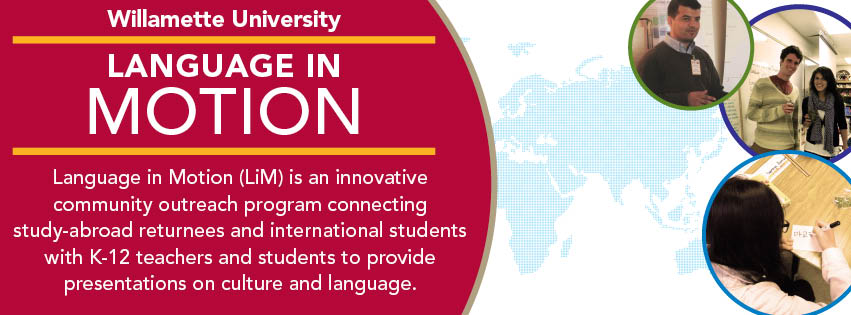 The Willamette International Students will discuss: 1. Health insurance options, pensions, living environment, and educational opportunities for the elderly in their countries. |


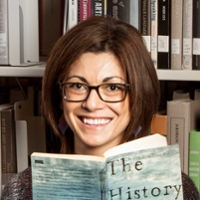
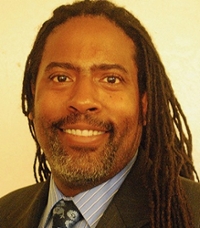
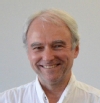 Learn how to print when on campus (WUPRINT), navigate to useful ICL files and information, how to use ICL spreadsheets and find what you are looking for, and how to use Google Docs (if time permits).
Learn how to print when on campus (WUPRINT), navigate to useful ICL files and information, how to use ICL spreadsheets and find what you are looking for, and how to use Google Docs (if time permits).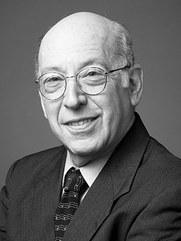
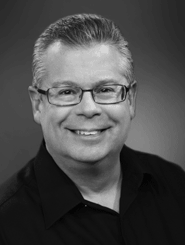 Joseph Haydn was born on March 31, 1732, in the Austrian village of Rohrau, which was then on the border with Hungary. He was raised Catholic and never lapsed. According to his biographer, Georg August Griesinger, Haydn was "strongly convinced in all his heart that all human destiny is under God's guiding hand, that God rewards good and evil, [and] that all talents come from above." Across the span of his career, Haydn composed 14 settings of the Mass, including Mass in the Time of War. In this lecture, we'll see how events that began in revolutionary Paris came to inspire the expressive content of a Mass composed to commemorate the name-day of a Hungarian princess.
Joseph Haydn was born on March 31, 1732, in the Austrian village of Rohrau, which was then on the border with Hungary. He was raised Catholic and never lapsed. According to his biographer, Georg August Griesinger, Haydn was "strongly convinced in all his heart that all human destiny is under God's guiding hand, that God rewards good and evil, [and] that all talents come from above." Across the span of his career, Haydn composed 14 settings of the Mass, including Mass in the Time of War. In this lecture, we'll see how events that began in revolutionary Paris came to inspire the expressive content of a Mass composed to commemorate the name-day of a Hungarian princess.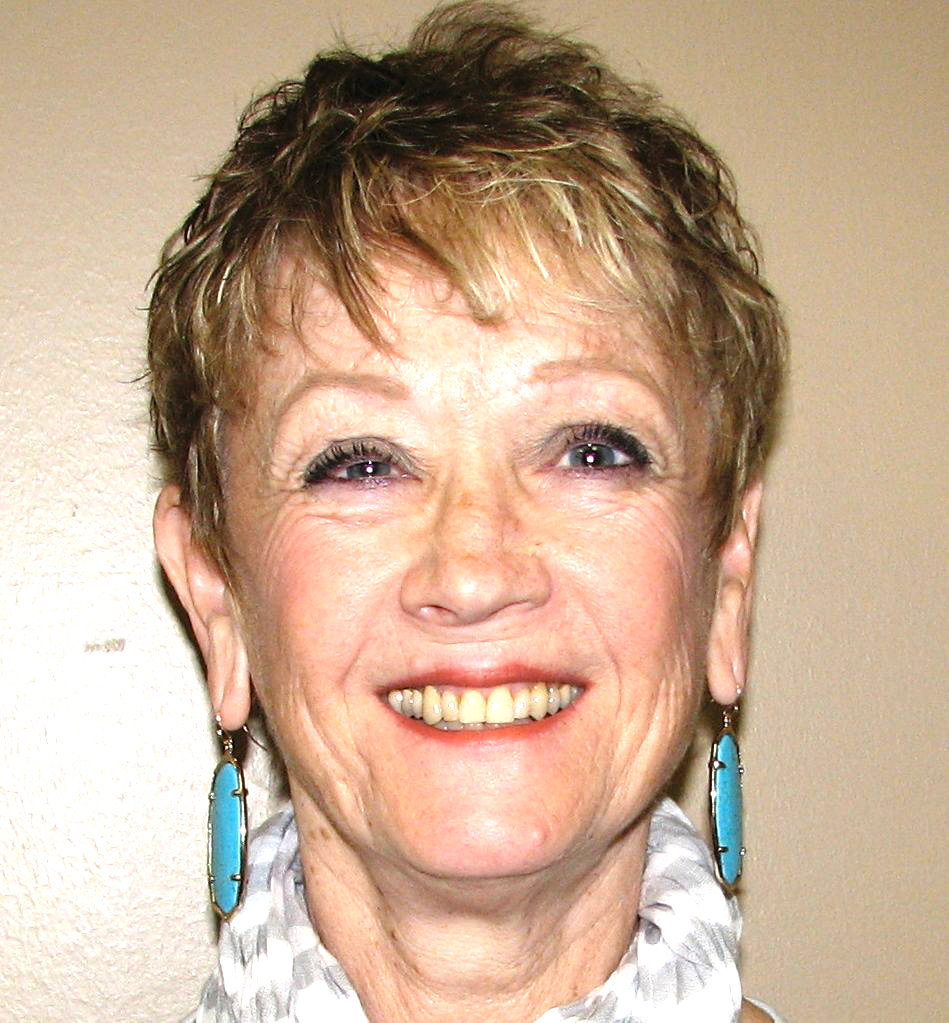 In this followup to the previous hour, we will sample and compare parts of three of Haydn's other Mass settings: the Lord Nelson Mass, the Theresa Mass, and the Creation Mass. He clearly viewed the same words from very different perspectives, given the inspiration that led to each Mass's title.
In this followup to the previous hour, we will sample and compare parts of three of Haydn's other Mass settings: the Lord Nelson Mass, the Theresa Mass, and the Creation Mass. He clearly viewed the same words from very different perspectives, given the inspiration that led to each Mass's title.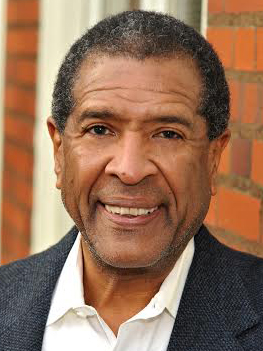 Description TBA
Description TBA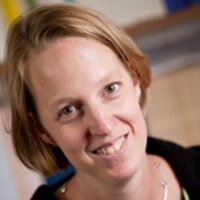 Dr. Sarah Bishop, Willamette University Professor of Russian, teaches Russian language, literature and film. Her courses include a survey of Russian and Soviet film, a writing-centered approach to Russian short stories, and a theme-based course on love and family in twentieth-century Russian literature. She presented to ICL in 2012 on contemporary Russian Theater.
Dr. Sarah Bishop, Willamette University Professor of Russian, teaches Russian language, literature and film. Her courses include a survey of Russian and Soviet film, a writing-centered approach to Russian short stories, and a theme-based course on love and family in twentieth-century Russian literature. She presented to ICL in 2012 on contemporary Russian Theater.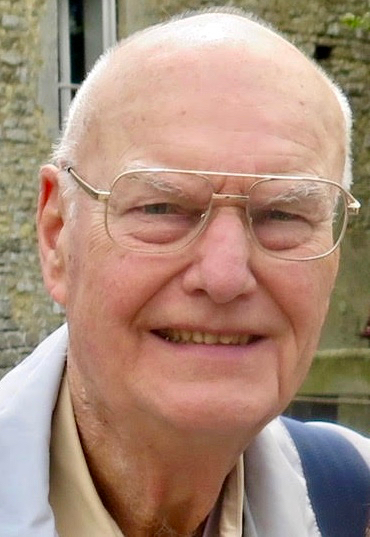 Lester Reed has been an ICL member since 2015. In 1952 he served as a Marine combat corpsman in Korea, and then served in the U.S. Air Force retiring in 1978 as a Colonel. He has a Ph.D. from the University of Texas, Austin. After retiring from the Air Force he spent over 30 years in senior management positions in community colleges. He has previously made presentations at ICL including "The Big Cats of the World" and "How We Elect a President."
Lester Reed has been an ICL member since 2015. In 1952 he served as a Marine combat corpsman in Korea, and then served in the U.S. Air Force retiring in 1978 as a Colonel. He has a Ph.D. from the University of Texas, Austin. After retiring from the Air Force he spent over 30 years in senior management positions in community colleges. He has previously made presentations at ICL including "The Big Cats of the World" and "How We Elect a President."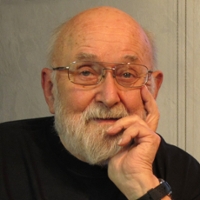 Jim Trappe encountered a wild truffle for the first time while conducting research on mycorrhizal fungi for his Ph.D. thesis at the University of Washington in the late 1950s. He has devoted much of his research to truffle ecology and taxonomy ever since. After early retirement in 1986 from his position as Principal Mycologist with the Pacific Northwest Research Station of the U. S. Forest Service, he was appointed Research Professor at Oregon State University, College of Forestry, a position he continues to hold. His expertise in mycorrhiza and truffle research has gained international recognition.
Jim Trappe encountered a wild truffle for the first time while conducting research on mycorrhizal fungi for his Ph.D. thesis at the University of Washington in the late 1950s. He has devoted much of his research to truffle ecology and taxonomy ever since. After early retirement in 1986 from his position as Principal Mycologist with the Pacific Northwest Research Station of the U. S. Forest Service, he was appointed Research Professor at Oregon State University, College of Forestry, a position he continues to hold. His expertise in mycorrhiza and truffle research has gained international recognition. 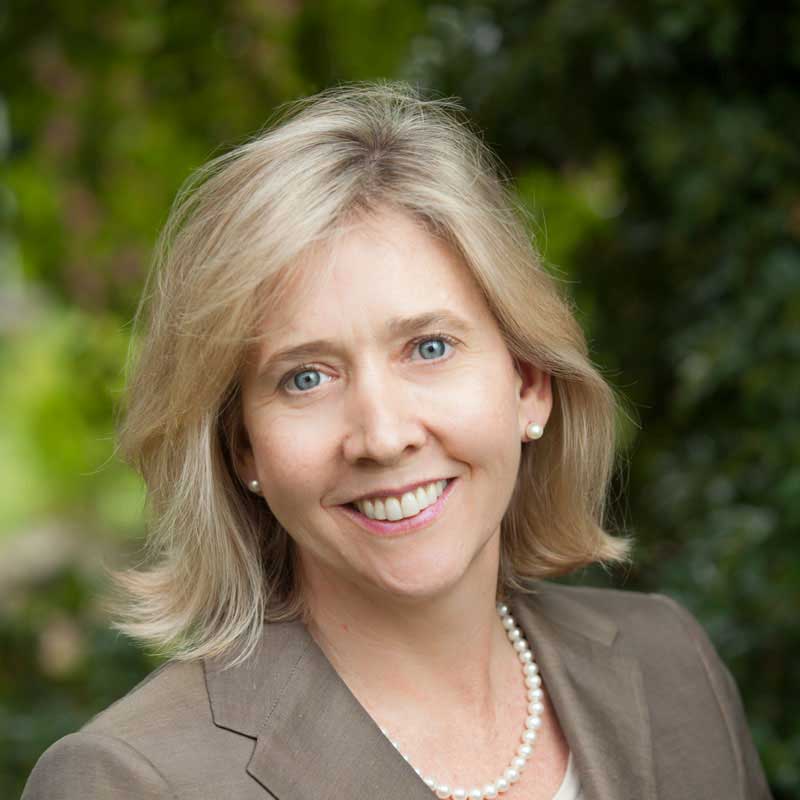
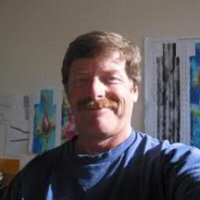

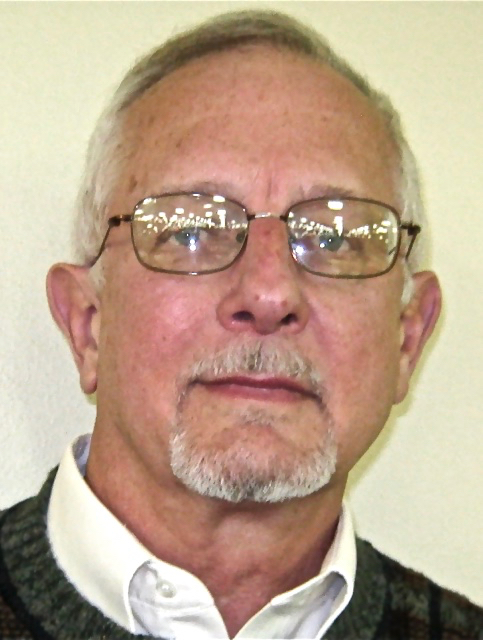 Bob Muir has been an active ICL member since January of 2014 and has previously presented on a wide variety of subjects.
Bob Muir has been an active ICL member since January of 2014 and has previously presented on a wide variety of subjects.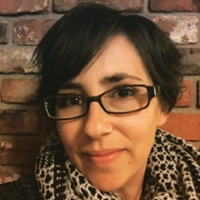 Kate Pattison has been supporting Oregon's charter schools for over seven years at the Department of Education. This includes providing oversight and support directly to the four State Sponsored Charter Schools (sponsored by the State Board of Education). She also supports the agency with strategic planning and routines for reporting on progress. Kate has over twelve years of experience in non-profits and in private and small business management. She holds a BA in Communication Design and a Master's in Elementary Education.
Kate Pattison has been supporting Oregon's charter schools for over seven years at the Department of Education. This includes providing oversight and support directly to the four State Sponsored Charter Schools (sponsored by the State Board of Education). She also supports the agency with strategic planning and routines for reporting on progress. Kate has over twelve years of experience in non-profits and in private and small business management. She holds a BA in Communication Design and a Master's in Elementary Education.